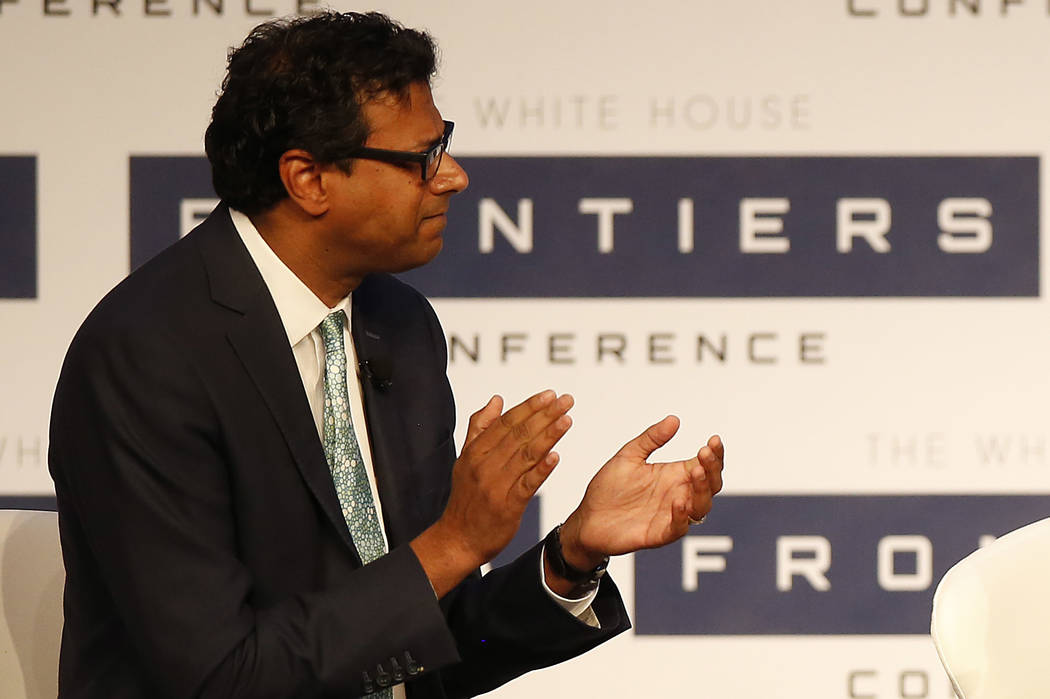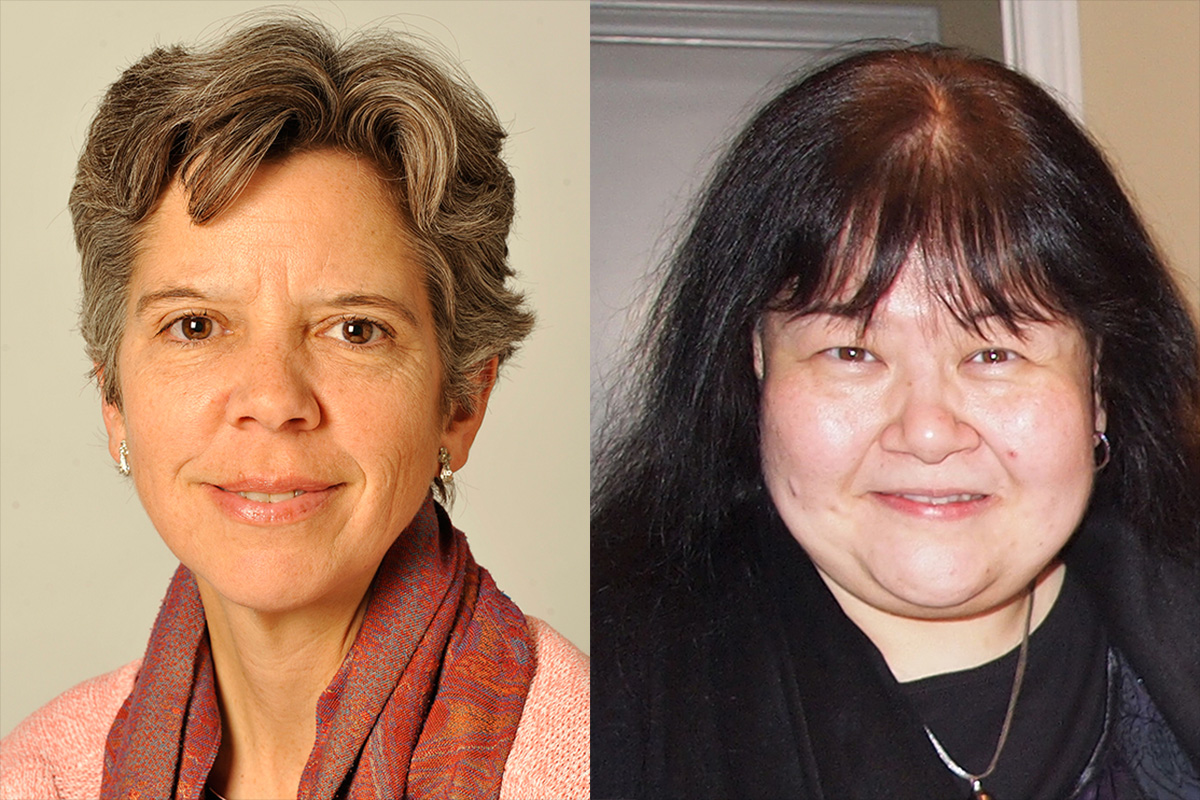Defining quality of life for terminal patients is important, says doctor

I cried toward the end of Dr. Atul Gawande’s lecture at UNLV, which is not typical for me.
But as he spoke about end-of-life issues and his own father’s death, I thought of two dear friends who died of cancer 10 months apart.
In his book, “Being Mortal,” Gawande explained that doctors and family members need to ask terminal patients: What does each person mean when discussing quality of life?
One friend, journalist Laura Myers, told me and her doctors that she wanted to be well enough to work, and when that was no longer possible and the pain was uncontrollable, only then was she ready to stop treatment and consider hospice. Not a minute before. She was 53 when she died in June 2015.

My other friend, journalist Lisa Kim Bach, also in great pain, never signed “do not resuscitate” paperwork. She never discussed her wishes with me, and I didn’t have the courage to bring it up with her — a common problem. She wasn’t direct with her family. Nor did her doctors talk to her about quality of life. She was 49 when she died in April 2016.
The end-of-life and quality-of-life issues will be part of a television version of “Being Mortal” airing at 10:30 p.m. Tuesday on PBS “Frontline.”
Since we’ll all die, I’m recommending everyone watch the “Frontline” version. Families dealing with the terminally ill and doctors treating terminally ill patients should definitely see it.
Gawande, a surgeon, advocates asking his terminal patients the toughest of questions:
If facing death, what are your fears and what are your hopes? What are the trade-offs you are willing to make and not willing to make?
A 15-minute conversation with a patient will mean less suffering and help a doctor clearly understand goals for the patient’s care, Gawande said at the Jan. 25 Barrick Lecture. Answers to those questions will guide the doctor’s treatment decisions.
Gawande found his patients often had simple answers. One patient, who had a spinal tumor, told Gawande “if he could still watch football on television and eat chocolate ice cream, that would be good enough for him.”
But when Gawande’s father, also a surgeon, was diagnosed with a spinal tumor when he was in his early 70s, football and ice cream weren’t enough for him.
Gawande’s father wanted to continue working as long as possible. A social man, he wanted to keep interacting with people, even when he became a quadriplegic. He didn’t want a ventilator or a feeding tube or 24-hour nursing care.
“Those questions were among the hardest I’d asked in my life,” Gawande wrote.
My family asked these questions of each other when we were all healthy, not waiting until illness struck. We put it in writing so there were no doubts. Our actions stemmed from the Terri Schiavo case that went on for 15 years before her husband was allowed to remove the feeding tube from his brain-damaged wife, over the objections of her parents.
Most families can’t face those “what do you want” questions, and doctors don’t always ask.
“We’ve been wrong about what our job is in medicine. We think our job is to ensure health and survival,” Gawande wrote. “But really it is larger than that. It is to enable well-being. And well-being is about the reasons one wishes to be alive.”
Inevitably, I will cry again when I watch “Being Mortal.”
But I will make sure my doctors know my wishes.
My family already knows.
Does yours?
Jane Ann Morrison’s column runs Thursdays in the Nevada section. Contact her at jane@reviewjournal.com or 702-383-0275. Follow @janeannmorrison on Twitter.












